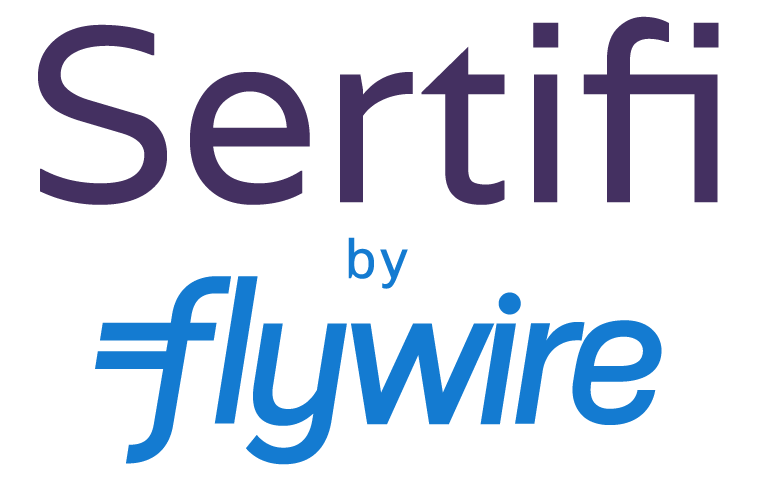How to Handle a Hotel Chargeback
Hotel chargebacks and refunds are two things that can happen when a customer disputes a transaction. Both have their purposes, but what some may not realize is that they have different outcomes.
What is a hotel chargeback?
A chargeback is when a customer disputes a credit card transaction with their bank instead of the merchant (you) and requests a reversal of the transaction, typically tied to fraudulent activities. The customer gets to keep both the good or service and the money from the transaction. However, merchants can pursue a representment, which is the process of disputing a chargeback and recover the revenue at stake.
A refund is when a customer goes directly to the merchant that they purchased the good or service from and requests a reversal of the transaction. The individual gets their money back but is required to return the good or service that was purchased.
In this post, we’re going help you better understand chargebacks and:
- When chargebacks should be filed.
- How to strengthen your chargeback representment case.
- When it's worth filing a case.
- What a chargeback team looks like.
When should chargebacks be filed?
Not all guests who file chargebacks have an ulterior motive. Sometimes, it comes down to a lack of understanding between chargebacks and refunds. While neither is ideal for a hotel, a refund would be better to request than a chargeback. Unfortunately, there are fraudsters that see this as an easy loophole to commit chargeback fraud.
It’s important to educate guests on the difference between chargebacks and refunds because they have different outcomes. Consider including this information in your hotels’ policies.
Chargebacks should only be filed in special circumstances:
- The good and/or service isn’t what the guest ordered.
- There are signs of fraudulent activity with your credit card.
Can hotel chargebacks be eliminated?
No, it’s impossible to eliminate chargebacks. As long as credit cards are being used to purchase goods and/or services, and guests have the ability to reverse transactions, they’ll exist. However, hotels can take precautions to reduce the potential for chargebacks. It takes a combination of technology, standardized procedures and processes, and staff training to mitigate chargebacks.
Is it possible to win a chargeback?
It’s possible to win a chargeback, but it’s not easy. There are two laws, The Truth in Lending Act and The Fair Credit Billing Act, that protect customers from questionable business practices. These laws laid the groundwork for chargebacks. Additionally, credit card companies have their own chargeback rules.
Unfortunately, these rules and regulations are being used as a weapon against merchants now. Hotel teams need to have an action plan if a chargeback occurs.
How can I win a chargeback dispute?
How to win a chargeback dispute depends on the reason the chargeback was initiated.
With chargeback reason codes, you can use them to determine where your chargebacks are stemming from. This can help to inform your hotel fraud strategy since chargebacks are a part of fraudulent activity. Your win rate helps you build stronger cases when dealing with chargeback disputes and can help you identify the type of payment fraud taking place at your hotel. All this information can help you develop a stronger and more comprehensive fraud defense strategy.
What are EMV chargeback reason codes?
A chargeback reason code is a number that helps to inform a hotel why a chargeback was filed. Chargeback reason codes vary by the credit card company. Here are a few high-level examples.
Visa organizes their chargeback codes by categories. Check out these codes under their fraud category.
- Reason Code: 10.1
- Reason: EMV Liability Shift Counterfeit Fraud
- Reason Code: 10.2
- Reason: EMV Liability Shift Non-Counterfeit
Here are some examples for Discover.
- Reason Code: UA01
- Reason: Fraud Card Present Environment
- Reason Code: UA02
- Reason: Card-Not-Present Environment
How often do merchants win chargeback disputes?
According to our long-timer partner and eCommerce fraud leader, Kount, merchants only have an average chargeback win rate of 42%. Even worse, merchants only recover revenue from 1 in 8 disputes. It's much better to invest in the right processes and technology to reduce your chargeback risk altogether.
What are some best practices to help me win disputes?
- Process card-not-present transactions securely online.
- Capture an e-signature alongside the payment.
- Have the cardholder sign off on terms and conditions before they're able to submit payment.
- Enable 3-D Secure.
RECOMMENDED GUIDE
Hotel Chargebacks & Fraud Prevention Guide
With a better understanding of chargebacks and how to prevent them, you can protect your property from risky behavior and save hundreds to thousands a year.
